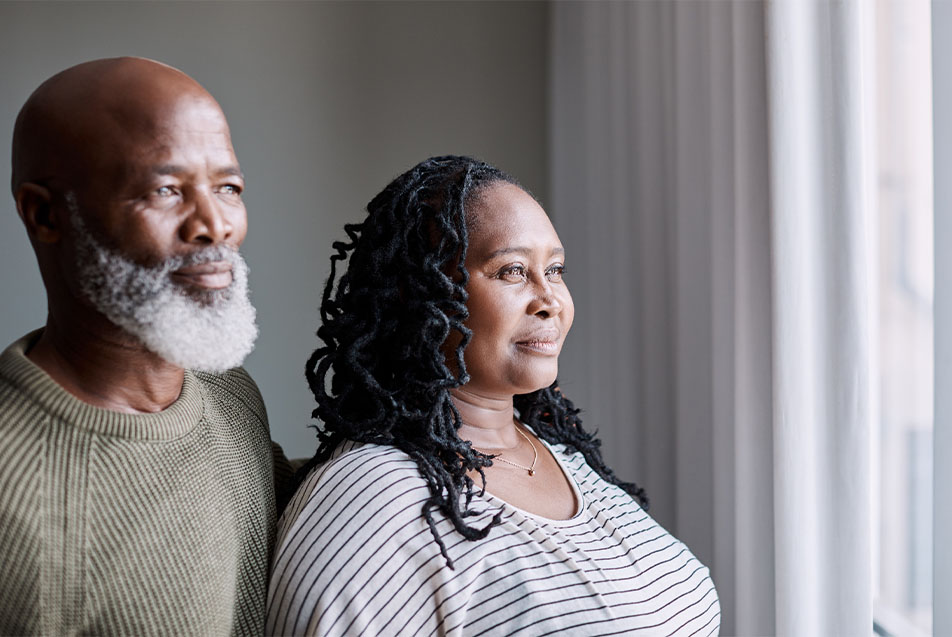
This post was written based on a recent appearance by Jeffrey Brown, MD, HMDC, medical director, Parkview Home Health & Hospice, on the television program PBS HealthLine.
A palliative care doctor answers a range of questions, from hospice and palliative care to navigating end-of-life conversations with loved ones.
What is the focus of end-of-life care?
The main priority of end-of-life care is treating the symptoms of the person suffering from an illness. But it's also important to note that everyone around them (family, friends and loved ones) is also suffering, just in a different way. In addition to treating the patient, much of the focus in end-of-life care, particularly in hospice care, is actually supporting family members and caregivers through those situations, too.
Why do people put off talking about end-of-life care?
Honestly, it's the same reason we put off doing our will or planning our advanced directives. It's hard to face our mortality. Often, it's not until we're confronted with a situation or diagnosis for ourselves or a family member that we must think in those terms. It's always easier and ideal to have the conversation and make those plans beforehand when you're not in the moment. Because when facing a daunting road ahead, it can be very difficult to make rational decisions about yourself or someone you love when emotions rule.
How can people approach the end-of-life subject with loved ones?
These conversations can be challenging, but the greatest gift you can give your family is letting them know what your wishes are. It can be incredibly pressure-filled when a family has to decide what they think their loved one might want. Ideally, the best thing you can do is have a healthcare decision-maker or representative – someone who understands the situation and who can let others know what you would and wouldn't want. It's best if you have someone who will advocate for you. Someone you trust to speak for you and put your needs at the forefront when you cannot.
Is hospice the same for everyone?
No, each person’s experience with hospice can vary depending on their wants and needs. The hospice movement was all about allowing people to die in their own homes, so they could make the dying process more comfortable. For many patients, that's the goal – to have control and be with loved ones in whatever place they call home. It could be their own home, a family member's home, an inpatient unit in a hospital setting, an assisted living facility or even a retirement community. It can be whatever they choose and what's most comfortable for them in their final life stages.
How long does the dying process last?
Unfortunately, there isn’t an exact timeframe or timeline for the dying process, but there are stages that we all tend to pass through, regardless of what ultimately leads to our death. In the final weeks of life, most people will lose the drive to eat or drink. Irregular breathing patterns, the absence of swallowing saliva and rattly breathing can also be a sign that someone is in their last day or two of life. This can be instinctively unnerving for loved ones. It's not something that bothers the patient per se, but we try to treat and decrease it by repositioning the patient or utilizing medication that has some effect.
Helpful resources
If you have questions or want more information about hospice or palliative care services for yourself or a loved one, please call 260-373-9800. We are happy to answer your questions and walk those paths with you.




